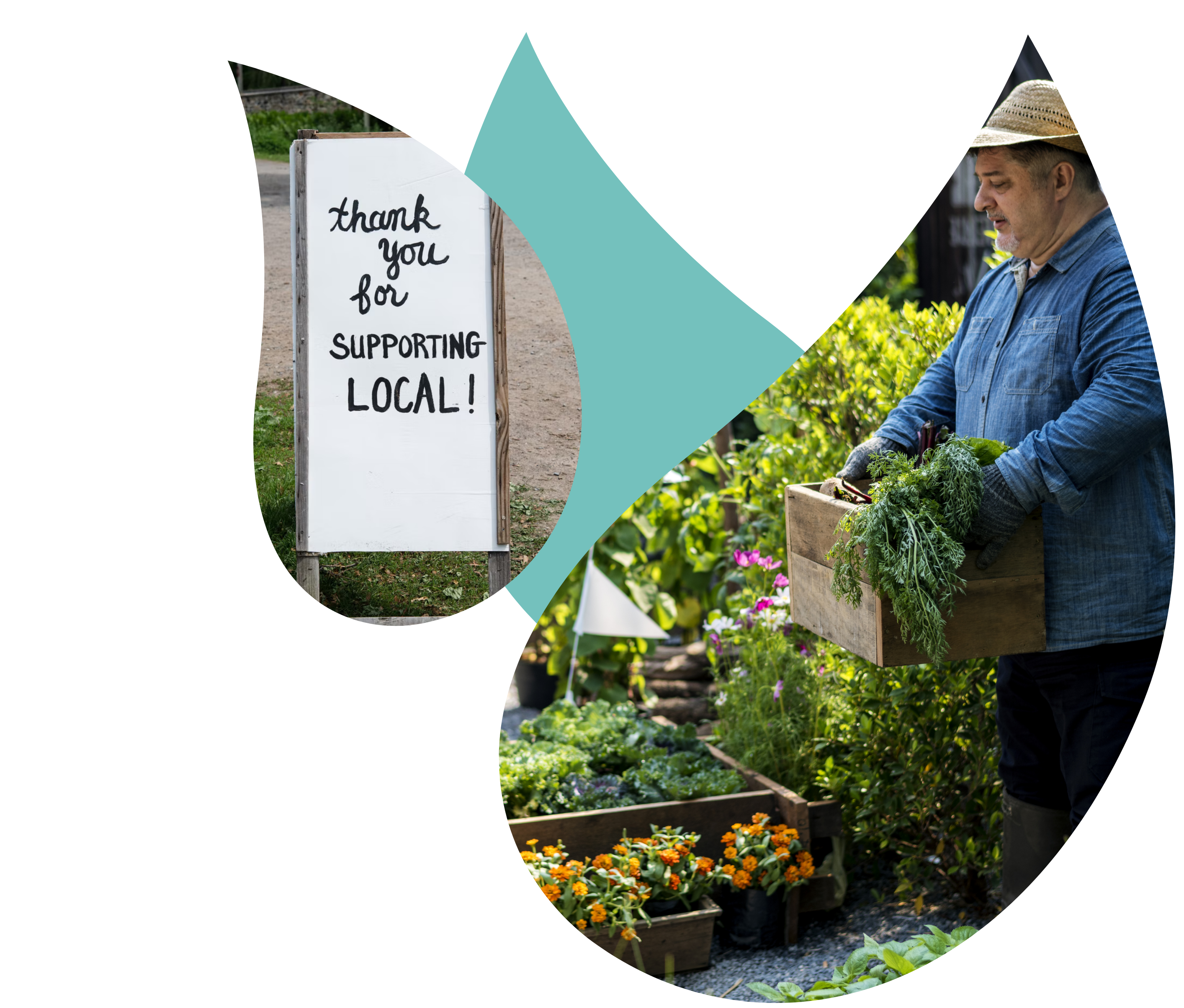Research line 5: Food access in vulnerable communities
Improving food security and healthy diets in vulnerable communities, through local production, informed consumption practices and circularity.

This research line provides an understanding of the extent to which groups with different levels of vulnerability, from a gender+ intersectional perspective, can access healthy, affordable and sustainable food in the context of the Green Deal and its farm–to–fork strategy. The study looks at the triggers that lead to changes in food access, consumption practices and food waste reduction among socially vulnerable population.
Research approach
The study uses theory and methods from gender studies, geography, psychology, anthropology, sociology, political science, and many others like branches of agronomy, economics, public health, nutrition, to address problematic behaviour such as the purchase and consumption of unhealthy and unsustainable food. The study is implemented as five case studies, in Austria, Greece, Portugal, Sweden and Turkey.
Research cycle #1
May 2022 – April 2023
Vulnerability factors for access to healthy and sustainable food will be identified through desk research and primary data collection. Narrative interviews will identify the motivations or barriers to individual / cultural behaviour change for vulnerable groups. The expected outputs of this cycle include:
- 50 narrative summaries,
- country-level reports,
- a consolidated research line report.
Research Cycle #2
April 2023 – January 2025
Local actors and vulnerable populations, identified during the first research cycle will be involved in municipalities suitable for pilot actions. Participatory GIS can be used, in which citizens play the role of scientist, geolocating actions and behaviour. The expected outputs of this cycle are:
- a report on key findings,
- a report on interdependencies and best strategies.
Expected impacts
Overall, the research line will:
- establish connections with existing bottom-up initiatives and thereby help build the ACCTING network of experts, researchers, practitioners and civil society organisations;
- identify vulnerable and disadvantaged groups in terms of food consumption;
- investigate behaviour and social practices that are not sustainable and that hinder community awareness;
- address the relationship between vulnerability factors and problematic behaviour and practices;
- analyse the relationship between inequalities and behavioural changes among vulnerable groups, and the impact of changes;
- contribute its knowledge to the development of a smarter, faster and more systemic EU food strategy.
Newsletter
Keep up to date with the latest project news, developments, and results.
